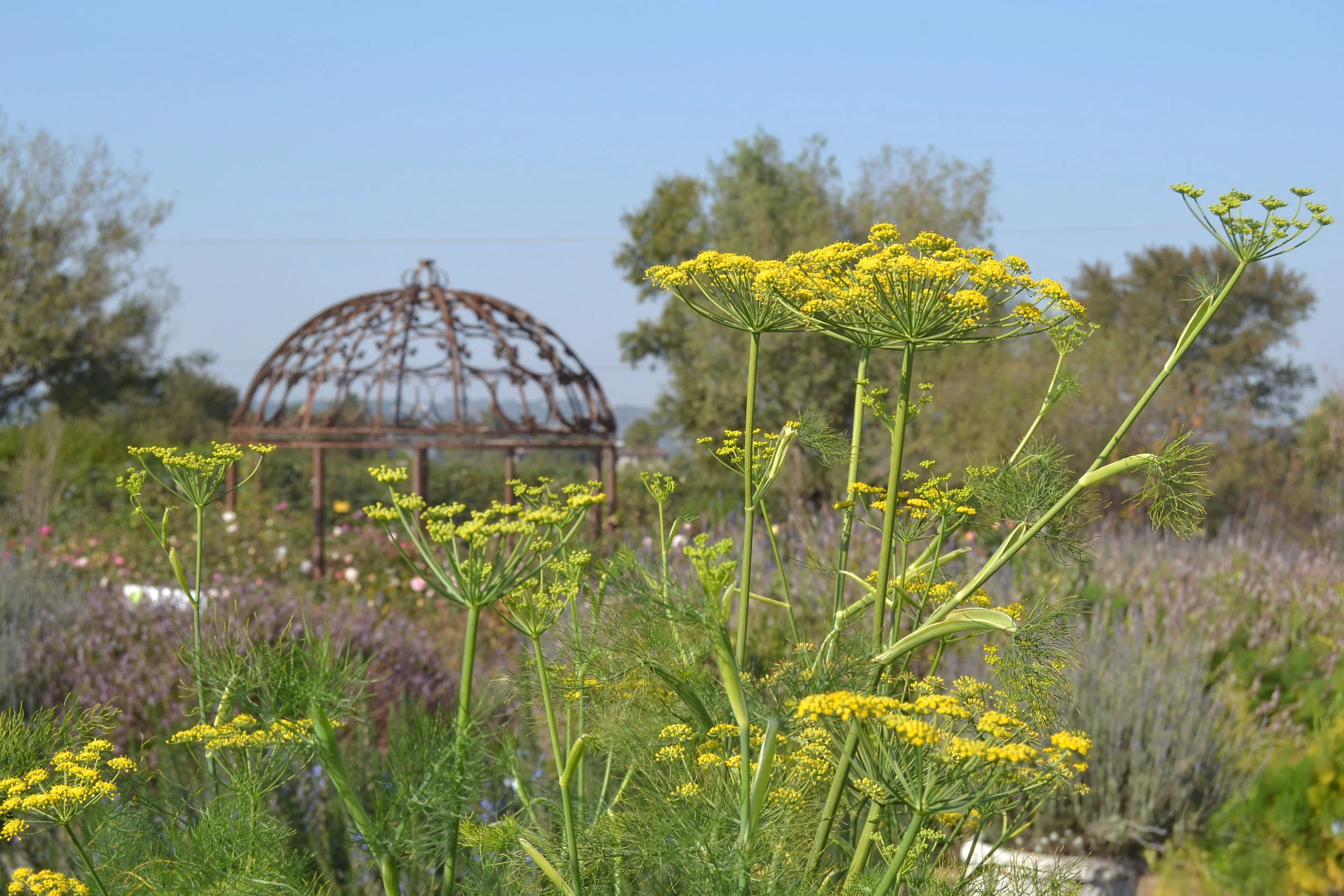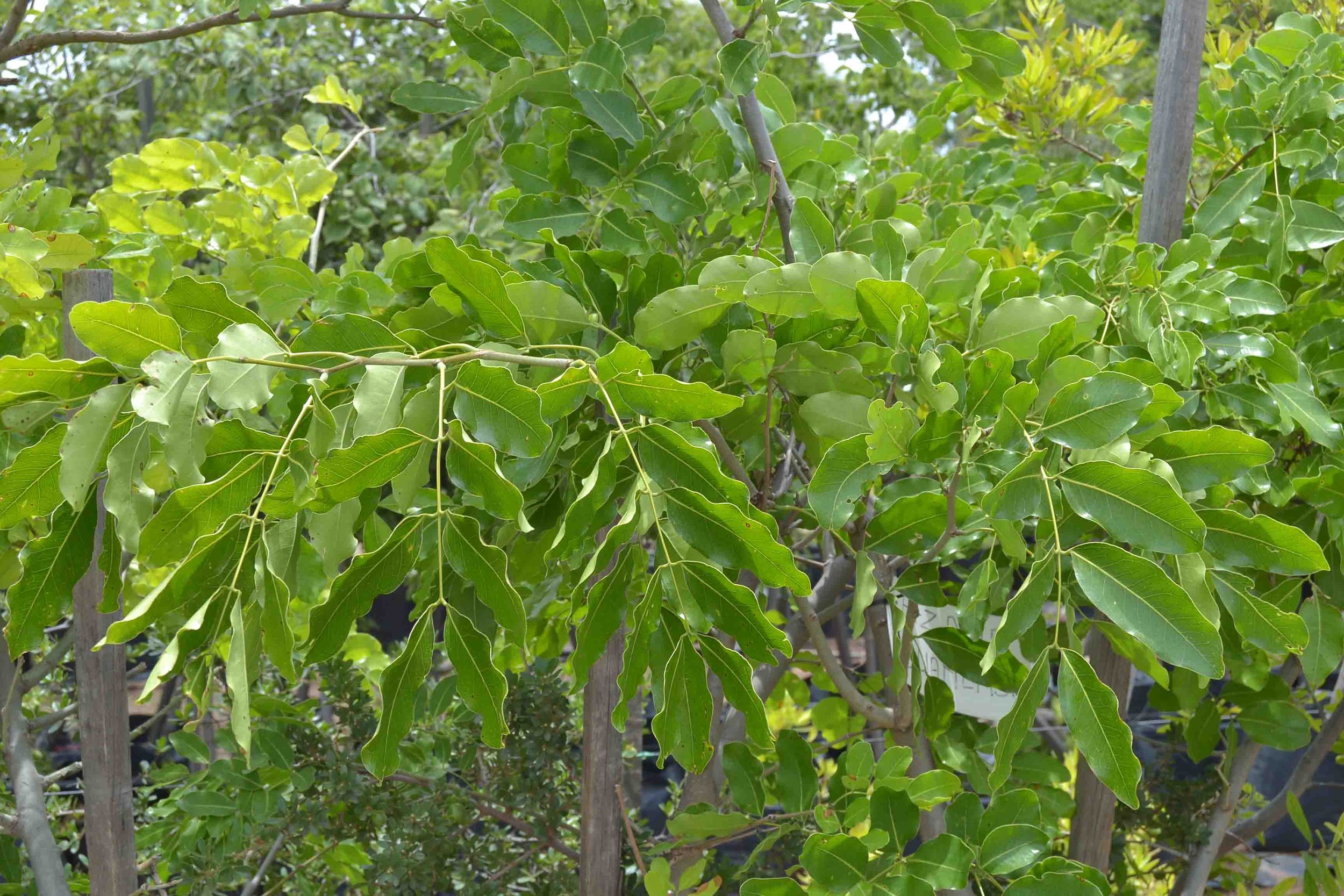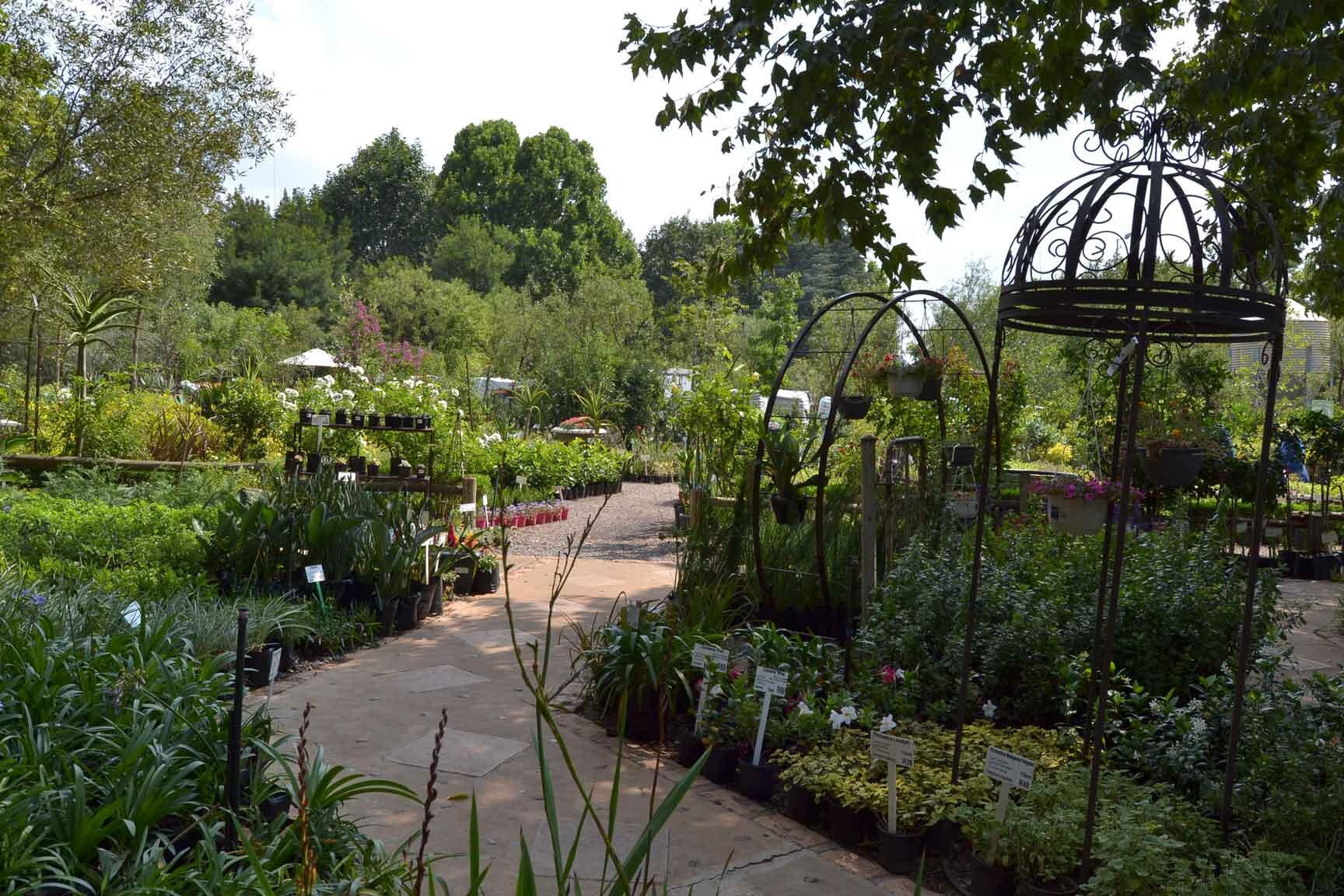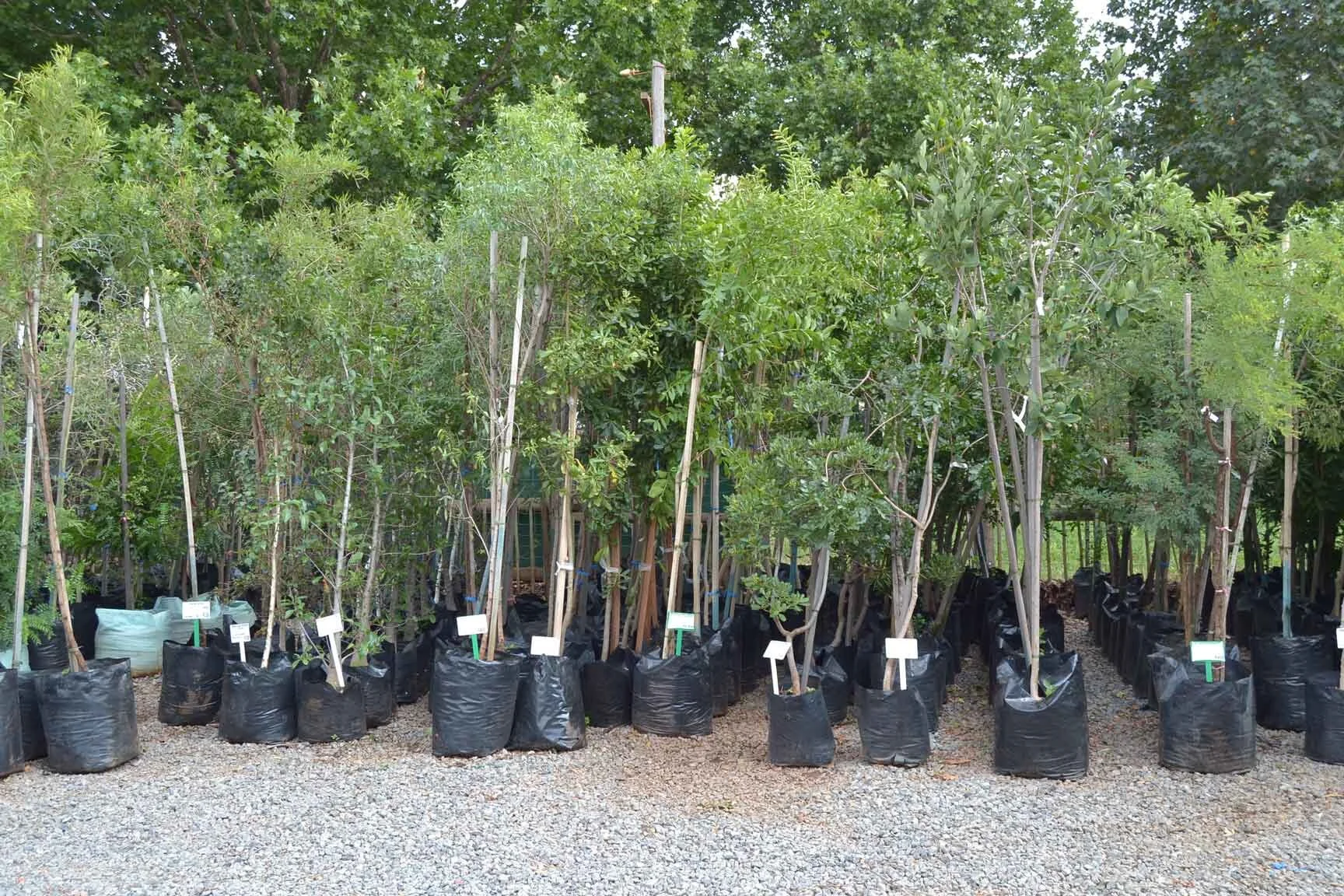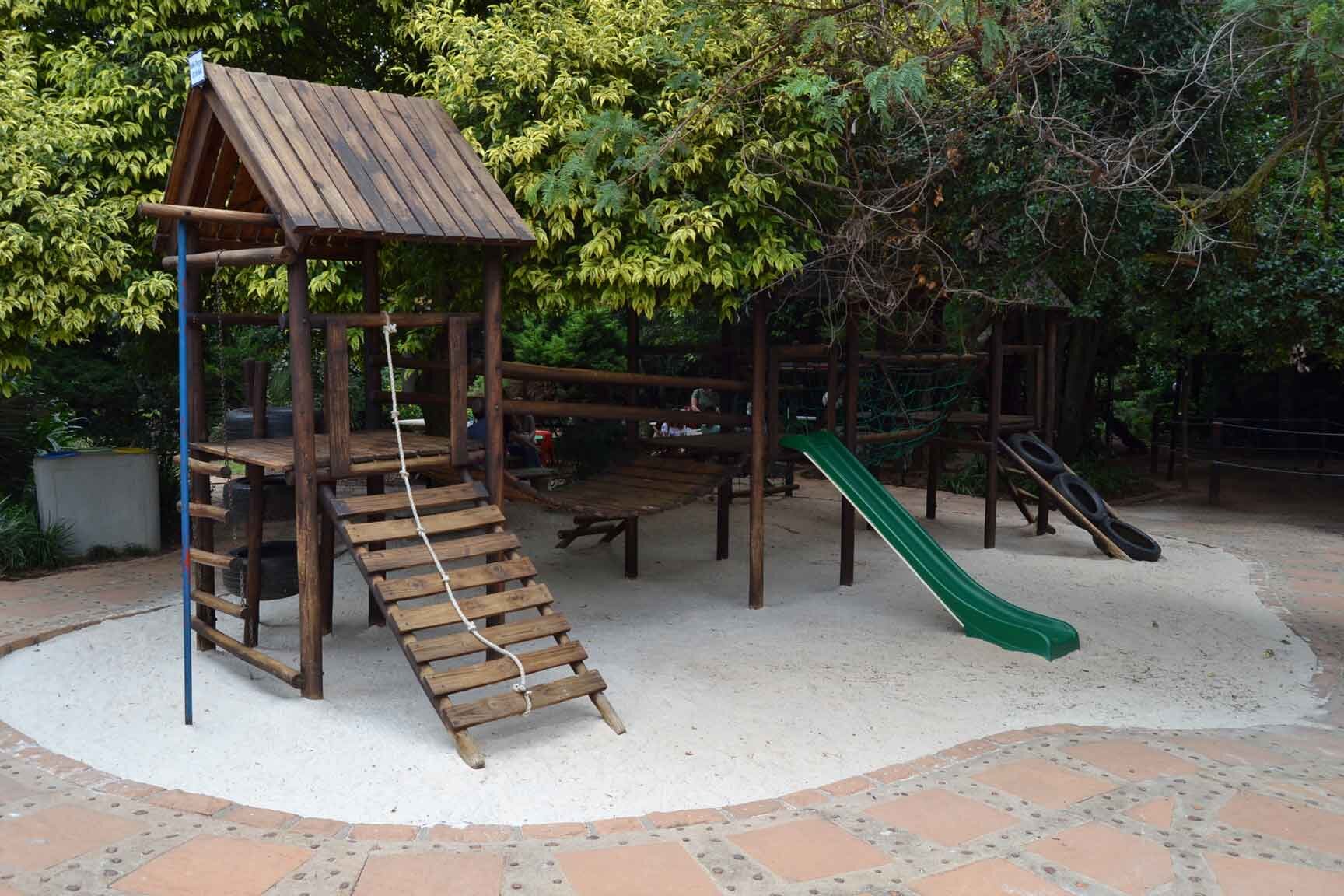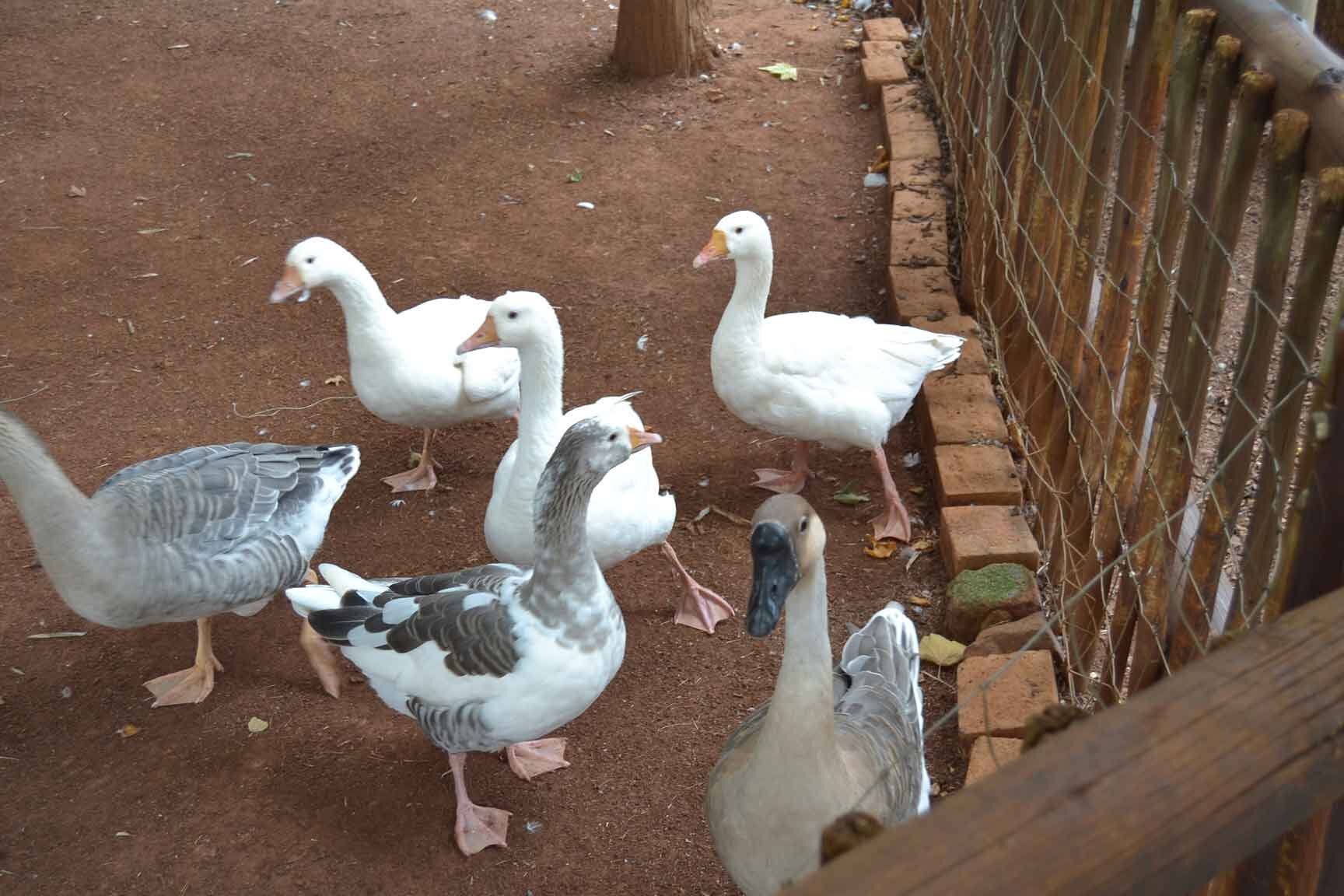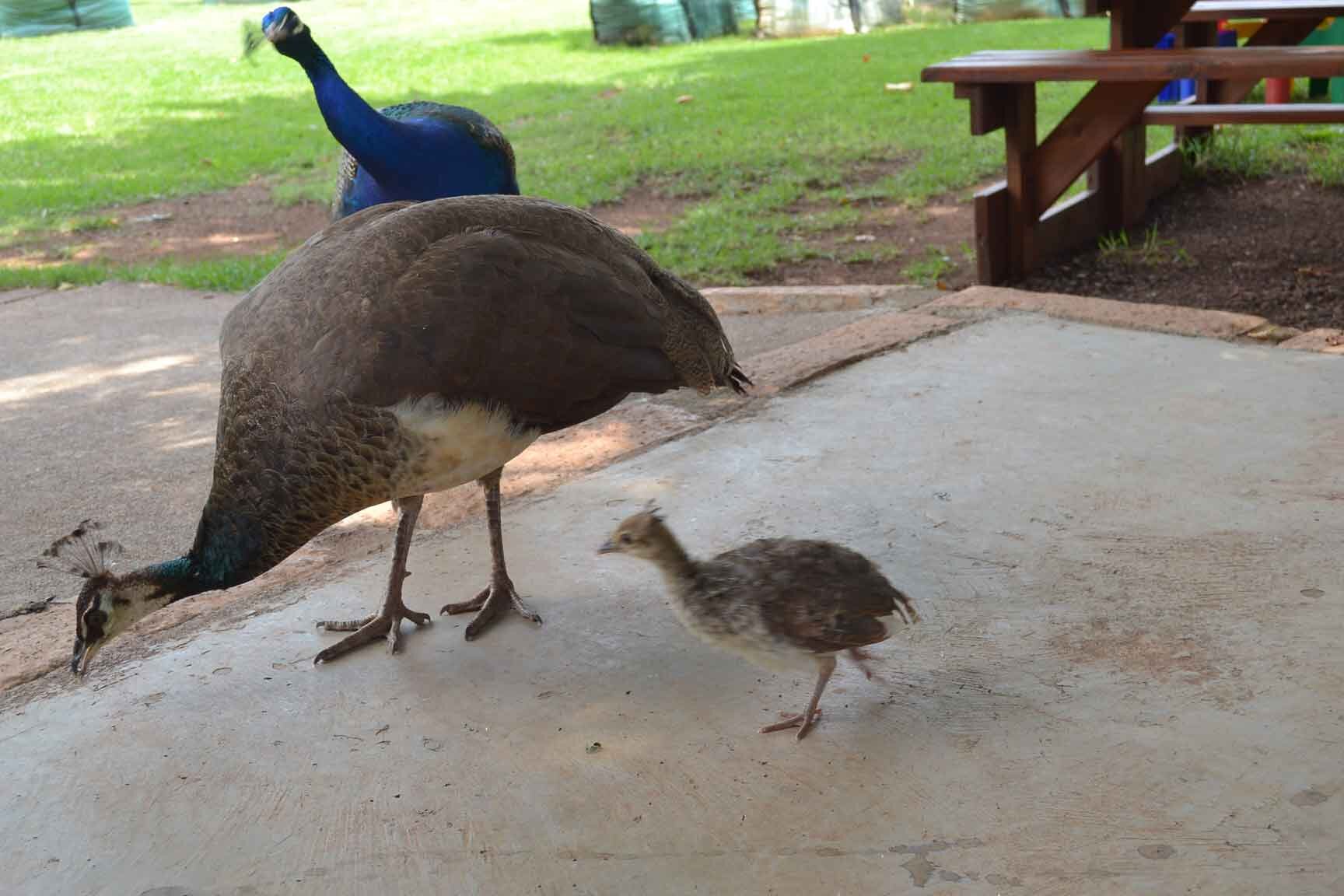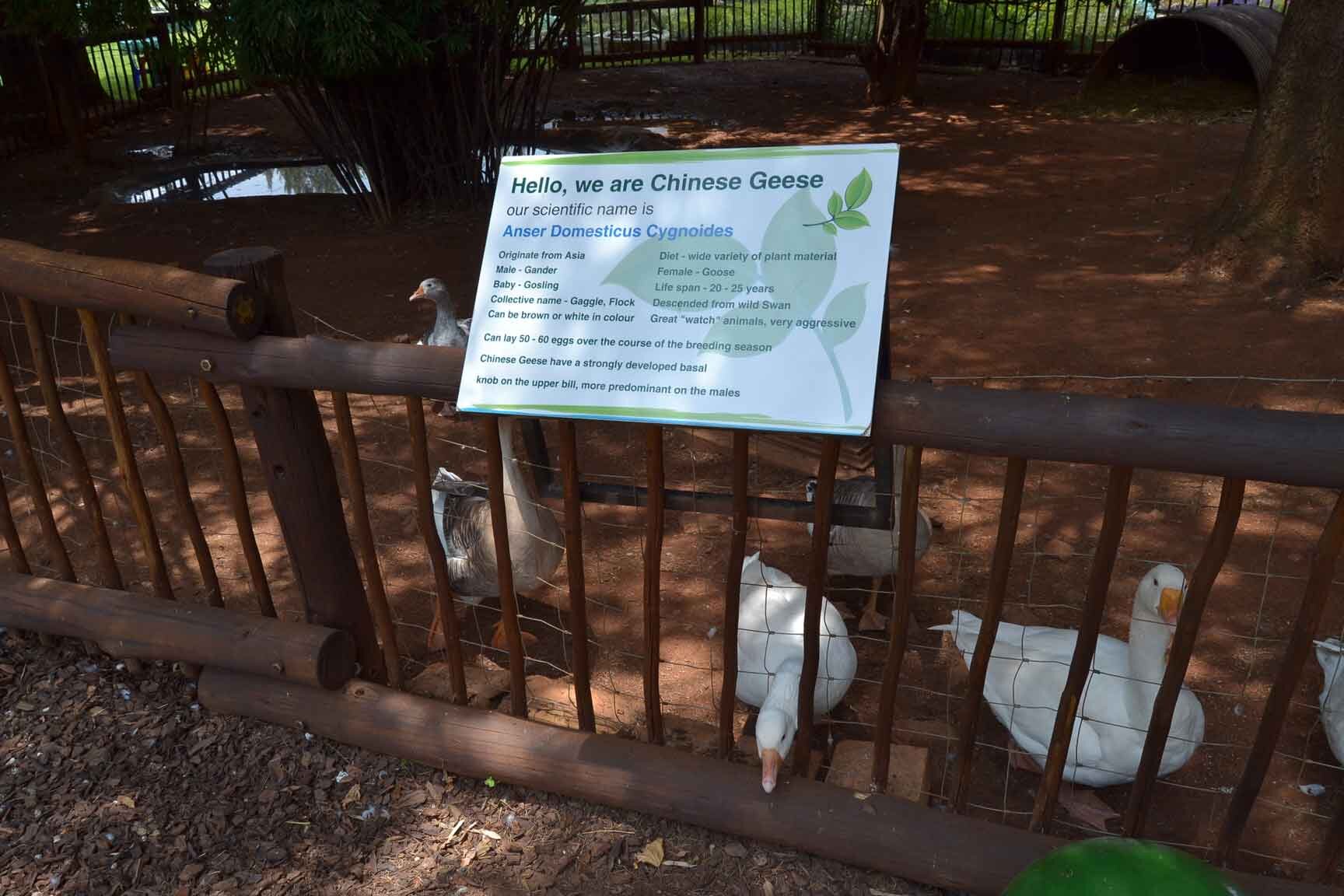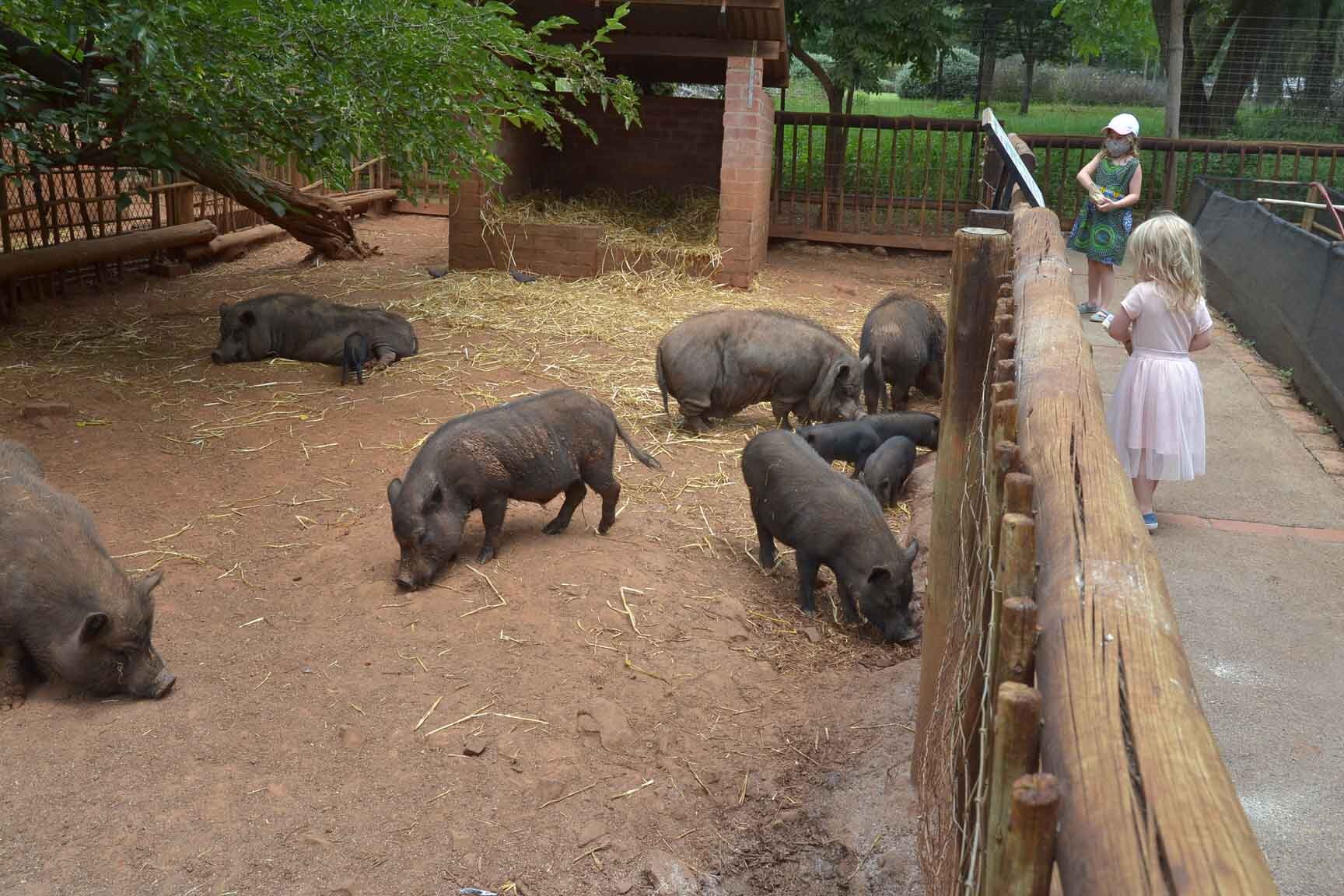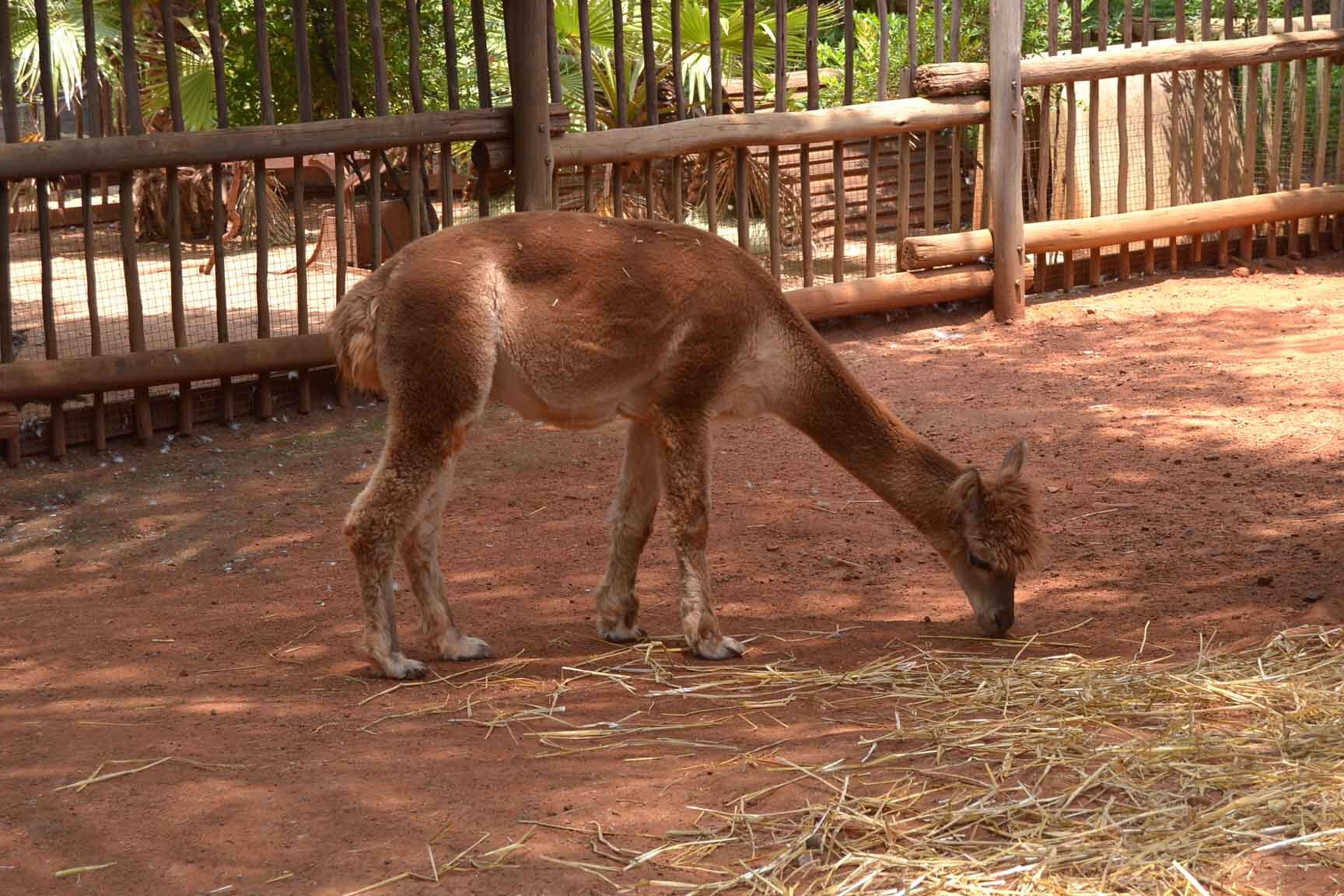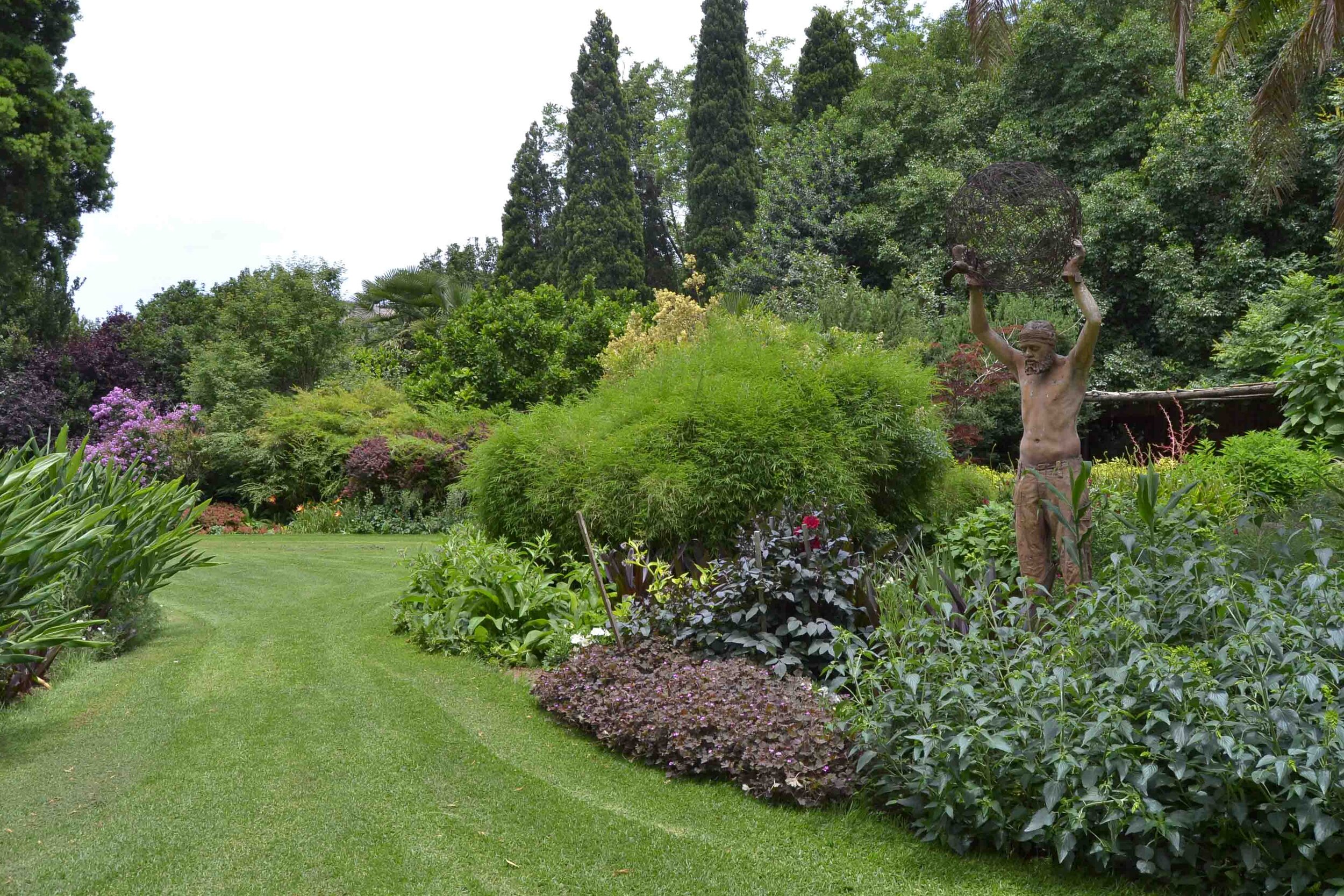I met Piet and Sandra at their nursery north of Pretoria one Friday morning. Piet was six metres up a tall ladder busy welding a steel structure (new shade structures) while Sandra was walking through the farm keeping track of orders and attending to client requests. Piet and Sandra are both nature enthusiasts who love birdwatching, hiking and travelling South Africa. It is through their passion for the bush that Piet’s hobby of growing trees started. Both look fit and energetic and once they start talking about their business their passion and enthusiasm is contagious.
Piet explained how he presented a course at the University to engineering graduates preparing them for working in the corporate environment. One of the modules taught that when you start working you should have a retirement plan in place for when you reach the end of your working career. The theory explains that you should “start a hobby that you enjoy that can become a stream of income when you retire” and so Piet decided to put the theory that he taught into practice.
Sandra took me through the well organised Nursery - a treasure trove of Indigenous Trees
Piet took a percentage of his retirement savings and invested it towards the tree growing business which originally only started as a hobby. Sandra explains that his first seedlings were grown on the covered patio of their home in Vanderbijlpark. It is from here that they developed the business for a period of 12 years while Piet was still employed. During this period they purchased the farm where the nursery is now established. When Piet retired they moved to Pretoria where he was able to focus all his energy to further develop the farm, automate some of the tree cultivation processes and expand Treeshop’s species offer. Piet uses his engineering background to design new technology that benefits the business – from growing seedlings in trays made with 3D printing technology to building new greenhouses.
The new shade structures under construction
Sandra has a vast knowledge about all the trees and plants that they grow
The nursery is continuously expanding and through Piet and Sandra’s passion and dedication it is also innovating as they aim to become the best supplier of indigenous trees in Southern Africa. It boasts a wide range of indigenous trees of varying sizes and they are specifically attempting to grow trees that are not easily available in cultivation because they are either difficult to grow or find.
Pittosporum viridiflorum (Cheesewood)
Rothmannia globosa (September Bells)
The nursery also includes a bonsai range and it is amazing to see miniature versions of indigenous trees. They have also positioned themselves as forerunners in the market for growing potted trees. These are ideal if you have limited space or if you want to enjoy indigenous trees in situations that would otherwise be impossible to plant such as patios, balconies or small gardens.
Potted Trees are ideal for difficult to grow situations
Most of the trees that they grow are adapted to the climatic conditions of the Highveld, although some are from warmer parts of the country (eg. Albizia, Commiphora, Sterculia). However, the farm receives temperatures of -4 so they are exposed to colder conditions. Always check frost sensitivity of a tree before deciding to plant it.
If you need help choosing indigenous plants or trees for your garden have a look at the ebook I have written at ebook.sproutlandscapes.co.za. The e-book will guide you to decide what steps to take for your own garden in a simple and encouraging way. There are several plant palettes to help you make correct plant choices including shrubs for screening, trees for screening, and planting in sunny or shady conditions.
Combretum hereroense (Russet Bushwillow)
Most of the trees that Treeshop grow can be seen on their website but they also grow more unusual species so if you are looking for something specific it would be best to contact them directly to enquire.
Treeshop Nursery sells quality indigenous trees directly to the public and people can purchase through their website www.indigenoustrees.online or by emailing Sandra.
A variety of tree sizes are available - these Ilex mitis (Cape Holly) trees are in 200l. bags

